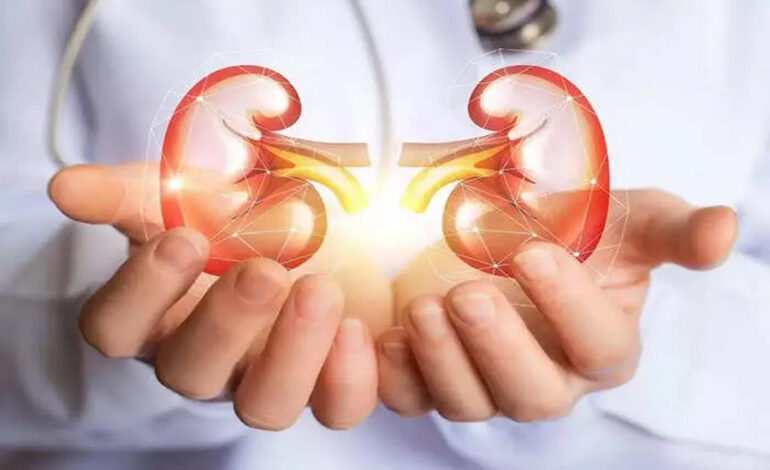Centre Announces Removal of Age Limits for Organ Donation

In a significant move towards streamlining organ donation policies across the nation, the Centre has decided to eliminate all age restrictions, adopting a ‘one nation, one policy’ approach. A source within the Health Ministry revealed that this decision aims to facilitate easier access to organ transplants for individuals in need, irrespective of their age or place of residence.
Domicile Requirement Abolished
Formerly, the organ donation policies of various states necessitated the domicile of the recipient, hindering the process for those seeking organ transplants outside their home state. However, with the recent decision, individuals can now freely register for organ transplants in any state across the country, eliminating the previous domicile requirement.
Embracing the Right to Life
The decision to abolish age limits for organ donation stems from a recognition of the Right to Life enshrined in the Indian Constitution. Previously, guidelines imposed restrictions on individuals above the age of 65 from receiving organ transplants or registering for organ donation. However, with the removal of this age barrier, individuals of any age are now eligible for organ transplants.
National Implementation
The government of India has taken proactive steps to ensure the seamless implementation of this policy change across all states. Consultative meetings were held with state representatives on January 9 to facilitate the adoption of this unified organ donation policy. Furthermore, efforts are underway to introduce chapters in school curriculums aimed at raising awareness about organ donation and its importance.
Impact and Progress
Data from the Health Ministry indicates a significant rise in organ transplants over the years, reflecting the growing acceptance and accessibility of organ donation. From 4,990 transplants in 2013, the number surged to 15,561 in 2022, marking a notable increase. Among these, living organ transplants constitute the majority, accounting for 82 percent, while deceased organ or cadaver transplants make up the remaining 18 percent.
The decision to abolish age limits for organ donation is a crucial step towards ensuring equitable access to life-saving treatments for individuals across all age groups, aligning with the principles of equality and healthcare accessibility.







